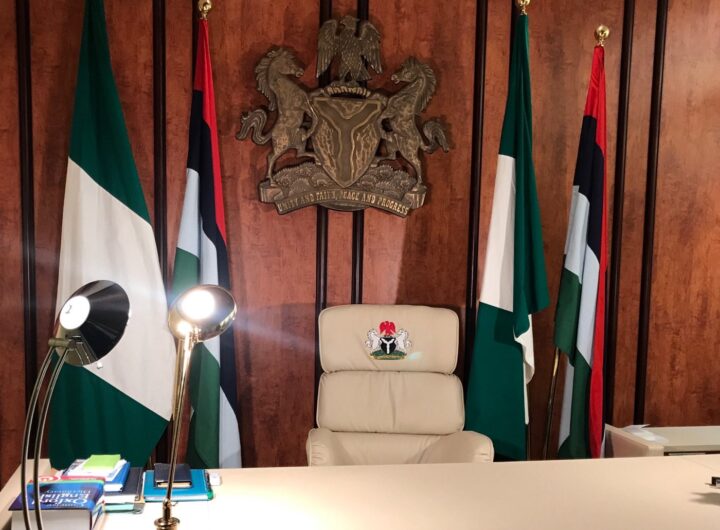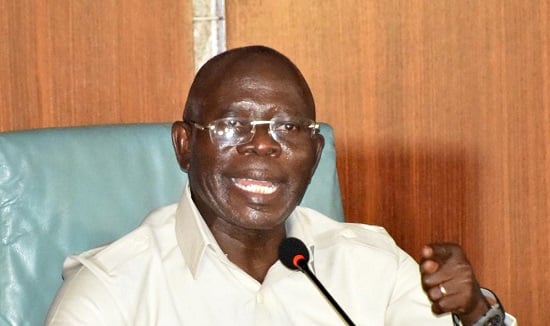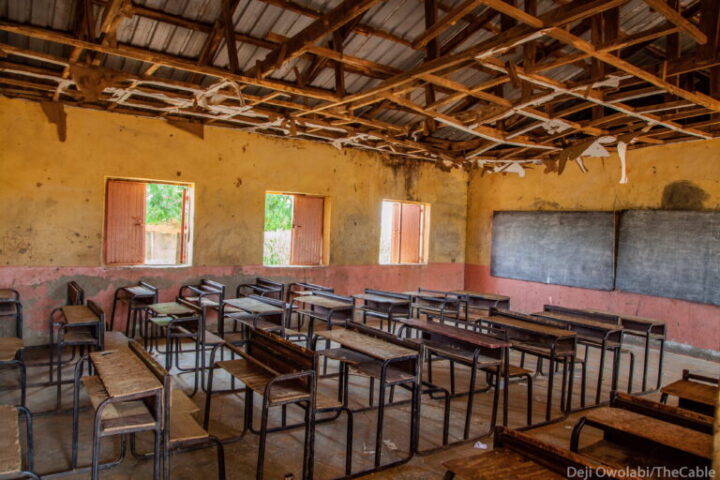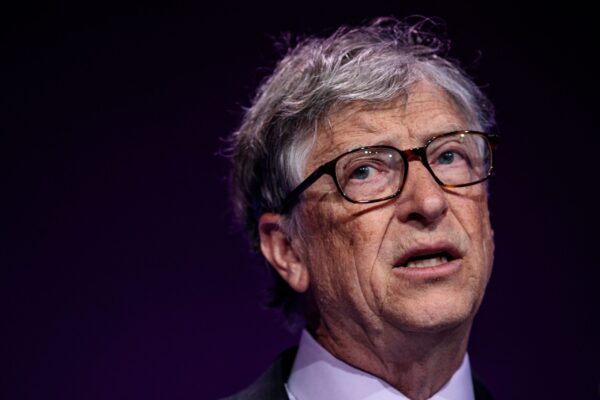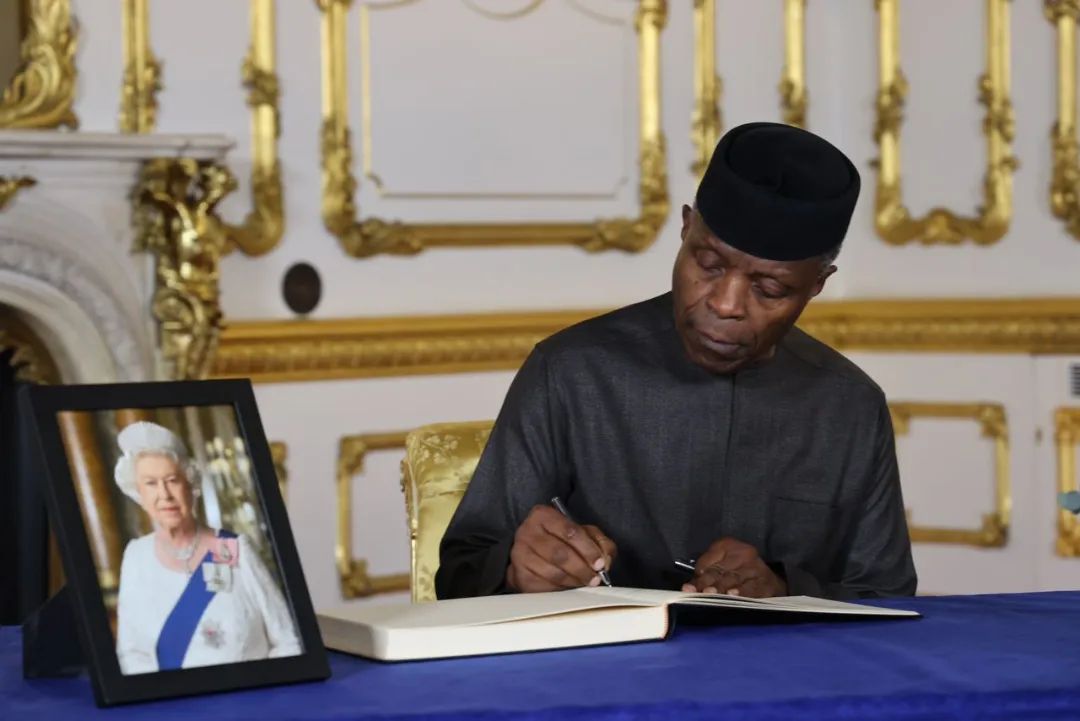President Muhammadu Buhari and Vice-President Yemi Osinbajo are currently both out of the country.
While Buhari left Nigeria on Sunday for the 77th United Nations general assembly (UNGA) in New York, USA, Osinbajo has since arrived in the United Kingdom ahead of the burial ceremony of Queen Elizabeth II.
The queen died on September 8.
Following the news on Buhari and Osinbajo, there have been questions on who will be in charge of the country’s affairs.
Advertisement
In 2016, the president handed over power to Osinbajo for five days when he embarked on a “short vacation”.
In line with section 145 of the Nigerian constitution, Buhari informed the two chambers of the national assembly of his vacation through a letter. The development made Osinbajo acting president. This was the first time in close to 30 years that a leader of the Nigerian government would hand over power to his deputy. The last time that happened was in 1987, when Ibrahim Babangida, a former military ruler, went for a medical procedure in France.
Buhari’s trip to the US for the UN general assembly will see Nigeria and other countries hold bilateral or multilateral meetings on the sidelines. These types of agreements — ranging from discussions on agriculture, climate change, oil and gas, to mention a few — are aimed at mutually benefiting the countries involved.
Advertisement
DOES THE PRESIDENT OR VICE-PRESIDENT NEED TO BE PHYSICALLY PRESENT TO GOVERN?
The constitution does not expressly state that a president or vice-president has to be in the country at all times to carry out their duties.
Section 145(1) of the 1999 constitution states: “Whenever the president transmits to the president of the senate and the speaker of the house of representatives a written declaration that he is proceeding on vacation or that he is otherwise unable to discharge the functions of his office, until he transmits to them a written declaration to the contrary such functions shall be discharged by the vice-president as acting president.”
The aforementioned provision suggests that there is only a vacuum if the president is proceeding on vacation or is unable to discharge the duties of the office owing to ill-health or death.
Advertisement
Buhari and Osinbajo currently do not fit the aforementioned categories, implying that they can discharge the duties of their offices from any part of the world.
‘THERE IS ONLY A VACUUM IF THE PRESIDENT TRANSMITS LETTER TO THAT EFFECT‘
Timi Olagunju, a lawyer and policy analyst, said the constitution is not specific on the president transmitting power every time he is out of the country.
“The constitution does not specifically state that any travel means that the president must transmit power. That is why there is a clamour for the parliament to review the law according to global standards, because section 144 talks of incapacity, while section 145 talks of vacation or ill-health, and sticks it to the parliament. That implies transmitting the power to the vice-president as acting until he sends another letter to say he is back,” he said.
Advertisement
“The constitution does not provide for a vacuum, except the president says there is a vacuum. The president has to transmit an official letter. There are two instances in which this section has been raised — Goodluck Jonathan and Buhari’s excessive stay in London. In the case of Goodluck, there was no transmission from Yar’Adua to him, but the parliament had to use the doctrine of necessity.
“If the president does not transmit officially, there cannot be said to be a vacuum. It means by implication that the president is still acting even though he has travelled. On a lighter note, he can preside virtually.
Advertisement
“If you say ‘every time the president travels abroad’, it becomes a geographical thing rather than a legal matter — that means if he goes to Niger Republic, he has to transmit power.
“For presidential decisions, that is why we have the federal executive council (FEC).”
Advertisement
Meanwhile, according to section 146(2) of the constitution, if Nigeria suddenly finds itself without a president and vice-president, the senate president automatically takes charge of the country for three months during which an election will be held to fill the vacuum.
Since Buhari did not initiate any communication to the national assembly in line with section 145 — and is not unable to discharge his duties — he is fully in charge of the country despite his absence and that of the vice-president.
Advertisement

